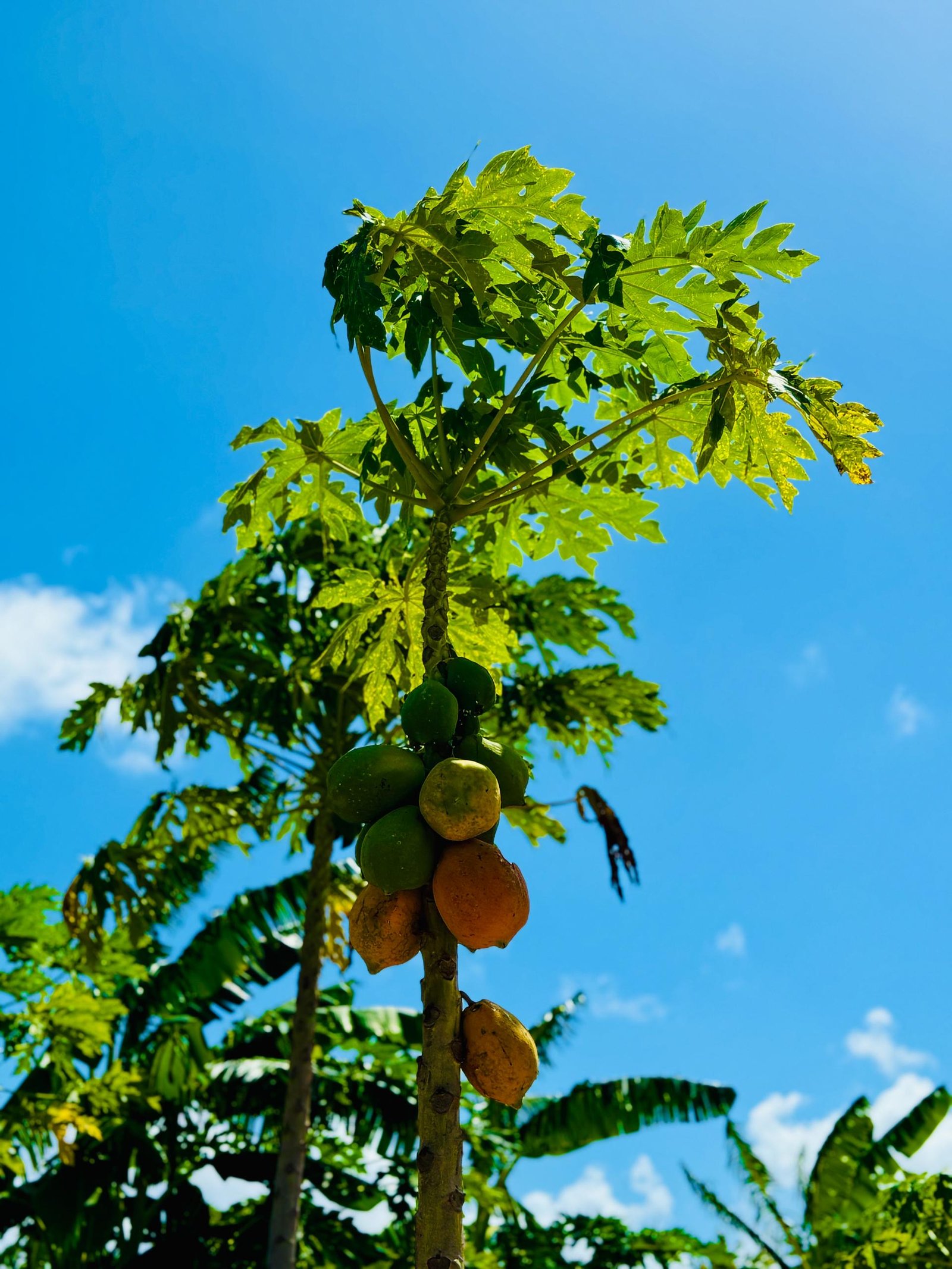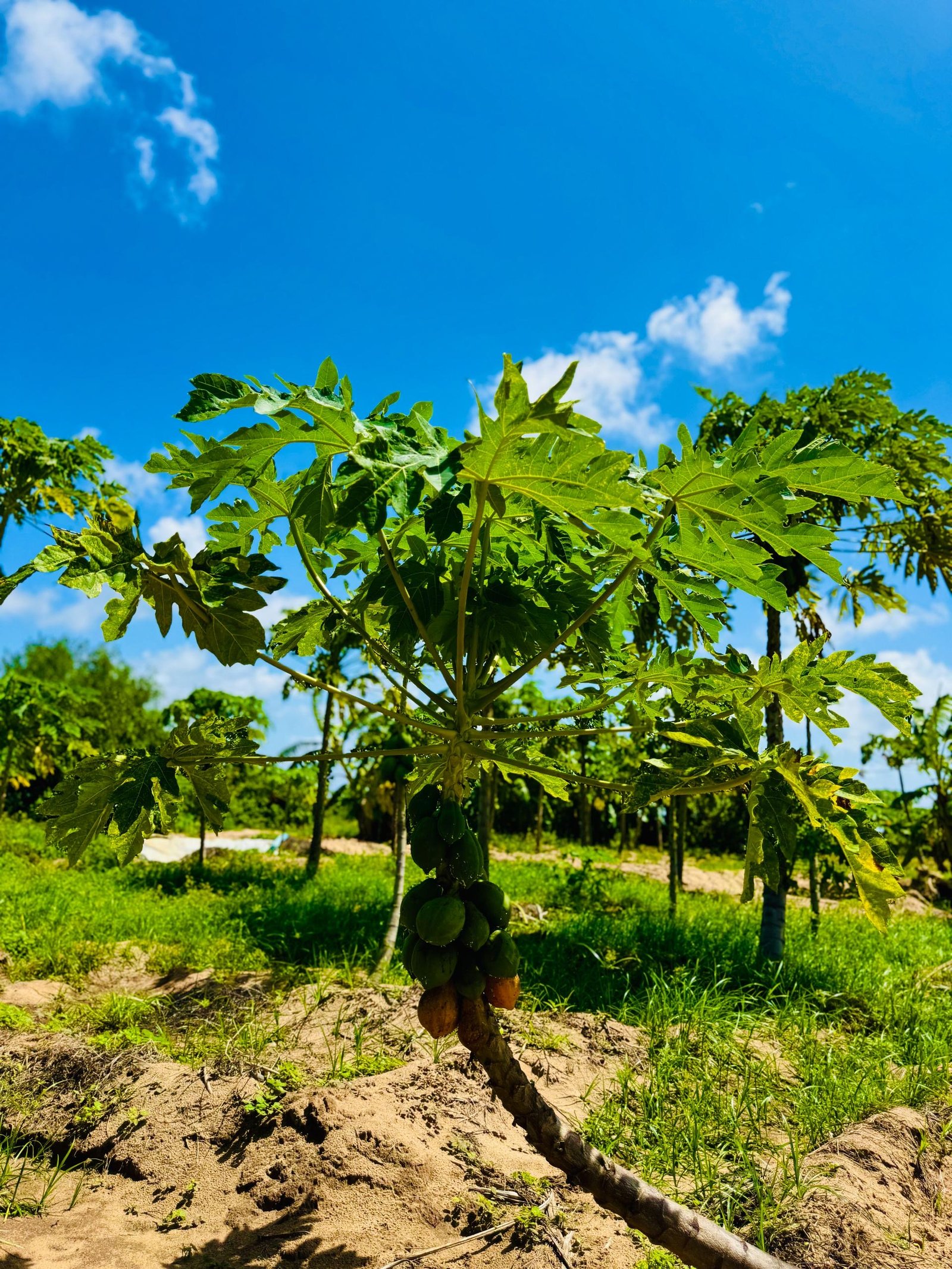
In the heart of Somalia, where agriculture is both a livelihood and a legacy, organic farming is gaining ground as a sustainable and health-conscious alternative to chemical-dependent cultivation. At Farm Fresh Ventures Company (FFVC), we are committed to guiding Somali farmers toward eco-friendly, productive, and nutrition-focused practices that protect both the land and the people who depend on it.
Here are the top organic farming methods every Somali farmer should know and apply:
1. Composting: Nature’s Fertilizer
Instead of buying synthetic fertilizers, farmers can turn household waste, crop residues, and animal manure into nutrient-rich compost. This improves soil structure, boosts fertility, and reduces costs.
FFVC Tip: Layer green (wet) and brown (dry) materials in a pit, water regularly, and turn weekly for faster decomposition.
2. Crop Rotation
Planting different crops in sequence helps maintain soil health and prevents pest and disease build-up.
Example: Rotate legumes (like beans or peas) with maize or leafy greens to replenish nitrogen and break pest cycles.
3. Natural Pest Control
Say goodbye to harsh chemicals. Use natural enemies (like ladybugs or neem extract) to manage pests without harming soil or human health.
FFVC Recommends: Neem oil spray, garlic-pepper mixtures, or introducing insect-attracting flower borders.
4. Mulching
Covering soil with straw, leaves, or grass clippings keeps moisture in, weeds out, and nutrients locked into the soil.
Perfect for: Drought-prone areas and kitchen gardens.
5. Green Manuring
Growing fast-growing crops like clover or cowpea, then plowing them back into the soil boosts organic matter and soil structure.
Benefit: This restores fertility without expensive inputs.
6. Water Harvesting & Drip Irrigation
Organic success in Somalia depends on smart water use. Harvest rainwater into storage tanks and use drip irrigation systems to minimize waste.
Why it matters: Every drop counts—especially in arid zones.
7. Seed Selection & Preservation
Use open-pollinated, organic-certified seeds. Saving your best seeds ensures future harvests are resilient and locally adapted.
FFVC’s Role: We provide training on seed selection, storage, and traditional preservation methods.


Why Organic Matters

- Builds trust with health-conscious consumers and communities
- Improves long-term soil fertility
- Protects ecosystems and water sources
- Produces healthier, chemical-free food
- Reduces input costs and increases profit margins
Final Thought:
Organic farming is not just a method—it’s a mindset. By embracing these practices, Somali farmers can lead the way in producing clean, sustainable, and nutritious food for generations to come.
